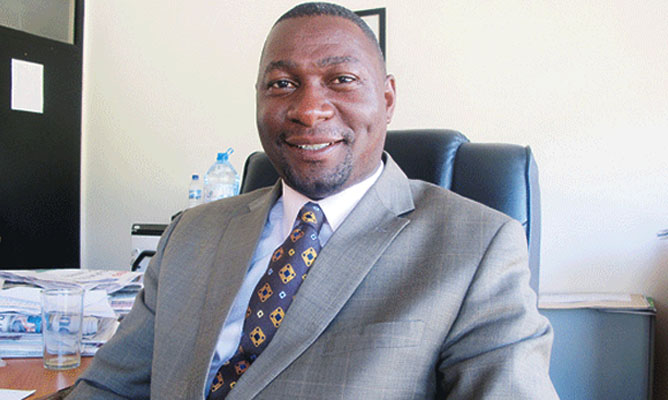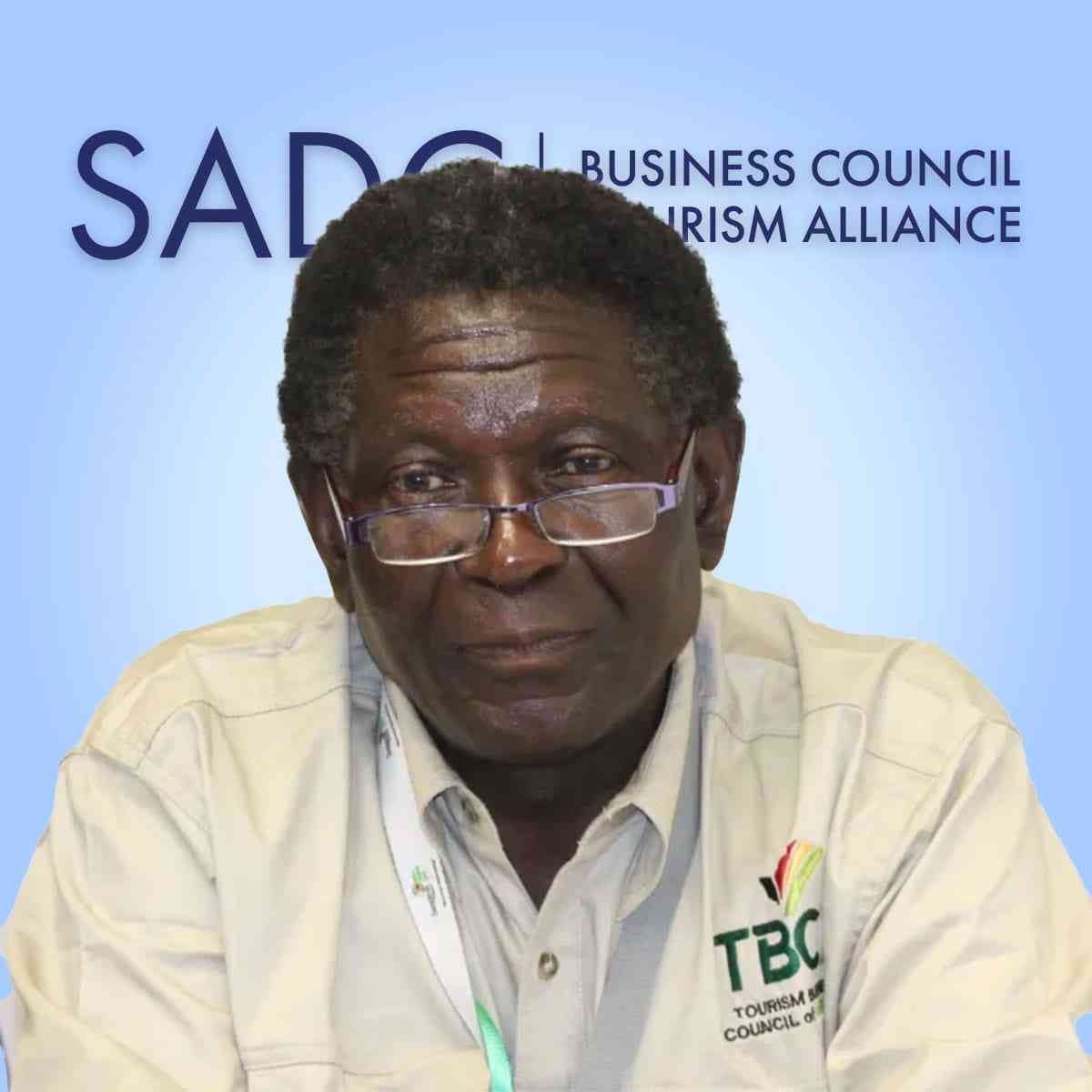
Zimbabwe has met all benchmarks under the International Monetary Fund (IMF) economic supervised reform programme and now requires a transformation programme, the global lender’s head of the review team has said.
BY VICTORIA MTOMBA
In June 2013, IMF approved an economic supervised reform programme on Zimbabwe, the Staff Monitored Programme (SMP). It was supposed to end in December 2013, but was extended by another six months to allow Zimbabwe to meet set targets. A successor plan was approved in October 2014. The final review has just been completed.
Speaking at a press conference yesterday head of the IMF delegation in Zimbabwe for the review of the SMP Domenico Fanizza, said the authorities met all quantitative targets and structural benchmarks under the third and final review of the SMP.
“Moreover they have started to develop a medium term economic transformation programme, in line with the broader reform agenda presented at the Lima meetings on arrears clearance in October 2015,” Fanizza said.
Some of the benchmarks under the third review included submitting to Cabinet amendments to the Public Finance Management Act to strengthen Treasury’s financial oversight of State-owned enterprises and local authorities and amendments to the Procurement Act to tighten the public procurement framework and make it more efficient and transparent.
Zimbabwe also promised to produce a guide on the Indigenisation and Economic Empowerment legislation on the Zimbabwe Investment Authority website.
- Chamisa under fire over US$120K donation
- Mavhunga puts DeMbare into Chibuku quarterfinals
- Pension funds bet on Cabora Bassa oilfields
- Councils defy govt fire tender directive
Keep Reading
Zimbabwe had by last year met some of the benchmarks for the third review such as developing draft principles of the ZAMCO Bill for submission to Cabinet and amendments to the Labour Relations Act.
Fanizza said the programme should focus on fiscal discipline given the lack of resources urging Zimbabwe to keep cash primary accounts close to balance.
“The objective is to eventually unlock financing that could allow Zimbabwe to deal with adverse shocks and plan for much needed social and capital outlays. This however, will not be sufficient. We support the authorities’ ambitious plan for shifting resources to much needed infrastructure investment and social outlays by reining in employment costs,” he said. Finance minister Patrick Chinamasa said the meeting of the benchmarks paves the way for the country to clear its arrears.
“I am happy to report that we have successfully met quantitative and structural benchmarks of the Staff Monitored Programme which means as we go forward we are negotiating the issue of clearance of arrears,” he said.
Chinamasa said a meeting would be held on May 2 to determine the arrears clearance strategy that would be adopted.
He said Treasury has a draft finance paper that would have power generation, agriculture revival, manufacturing and mining, value addition and social protection to vulnerable groups as its priorities.
He said the country has registered successes in the Diamond Consolidated Company and the operations have already begun and daily figures are now being accessed by treasury.












